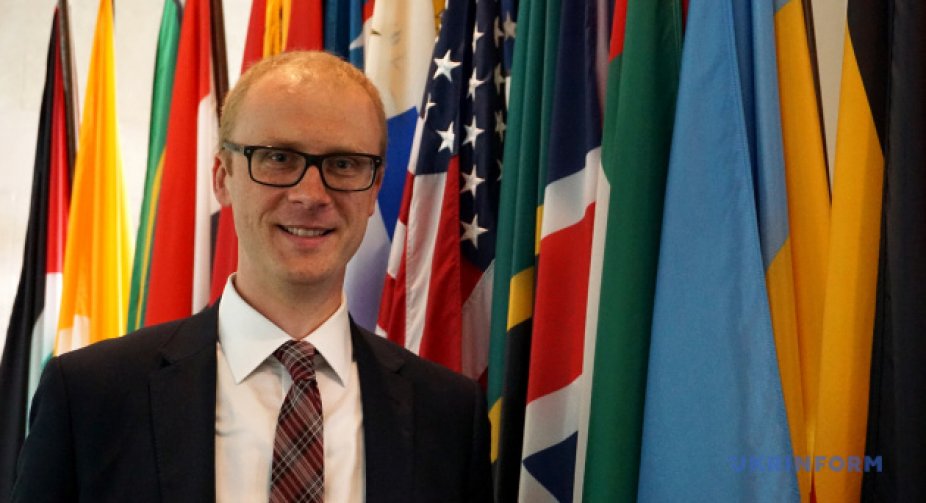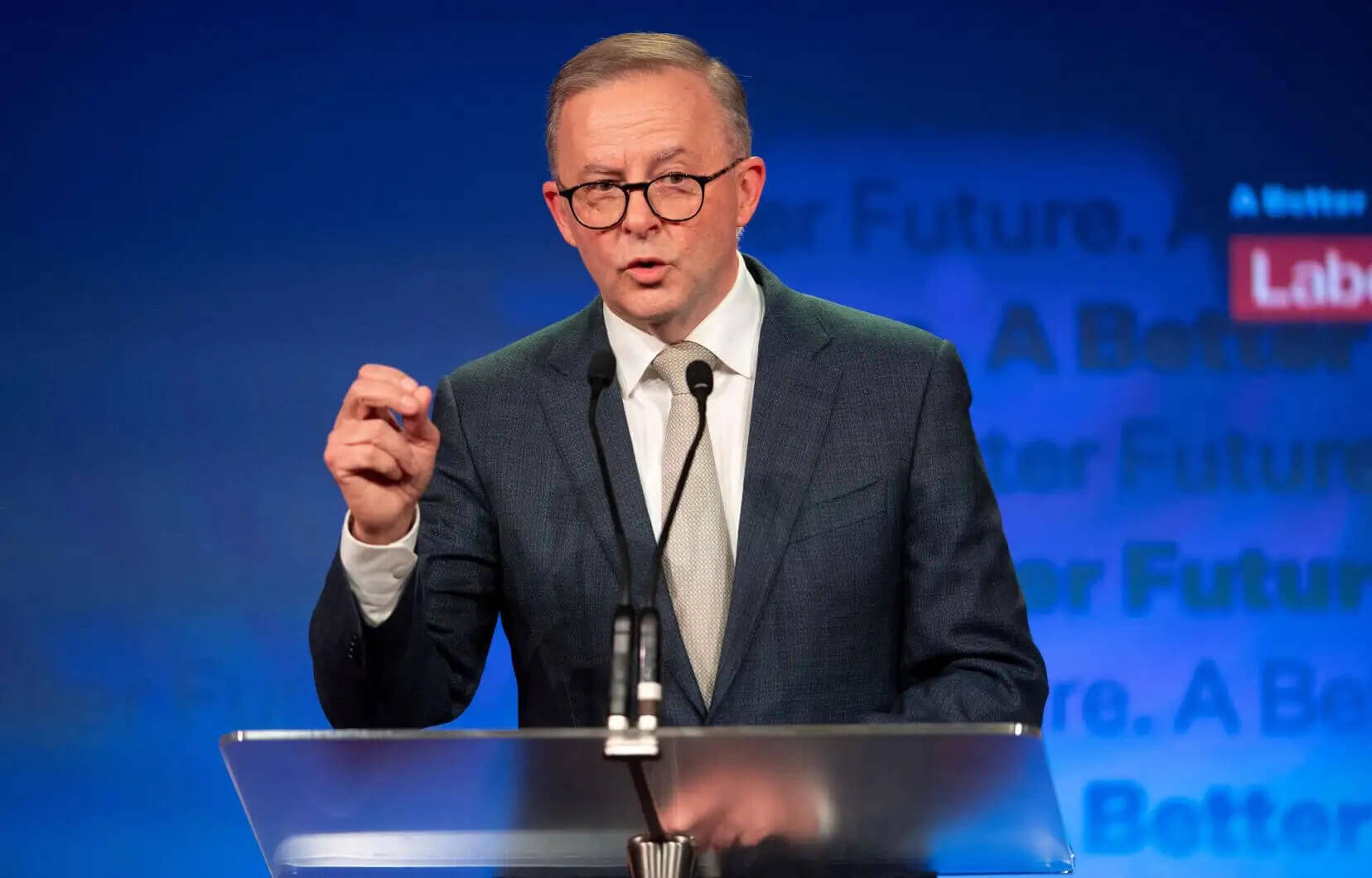South Asia
Sri Lankan Prime Minister Ranil Wickremesinghe announced that the “hardest three weeks” in the fuel crisis had arrived. He announced the “uninterrupted” supply of fuel but stressed that only 50% of demand could be met. [Colombo Page]
The World Bank has released $150 million in aid to Afghan farmers. The United Nations’ Food and Agriculture Organisation said that the second tranche of aid, amounting $45 million, would be released in the coming 24 months. [Khaama Press News Agency]
Central Asia and the Caucasus
Turkmen President Serdar Berdimuhamedov arrived in Tehran on Tuesday and is expected to meet his Iranian counterpart Ebrahim Raisi. Ahead of his visit, the foreign ministers of the two countries, Raşit Meredow and Hossein Amir Abdollahian, met to discuss strengthening political, economic, and cultural ties. The duo also talked about increasing energy cooperation and the Afghan crisis. [IRNA, Iran Ministry of Foreign Affairs]
A Tajik border guard was killed in a shootout between Kyrgyz and Tajik security forces near their volatile border on Tuesday. Both sides blamed the other for starting the violence. Kyrgyzstan said Tajik forces shelled nearby villages as well. Tensions have escalated recently, as both countries claim parts of the border, especially the fertile Fergana Valley. They have demarcated only around 60% of their 970-kilometre-long border. [RFE/RL]
East and Southeast Asia
Responding to reports that United States (US) lawmakers on both sides of the aisle have agreed on a proposal to heavily restrict US investment in China, Chinese foreign ministry spokesperson Wang Wenbin said yesterday that Beijing “opposes the US practice of using national security as a catch-all pretext to ramp up unjustified investment review.” He noted that it would violate international trade rules and could “seriously threaten the stability of global industrial and supply chains.” In this regard, he declared, “Actions to shut doors and seek isolation are anachronistic and retrogressive.”[Chinese Ministry of Foreign Affairs]
John Deng, Taiwan’s top trade negotiator, has said a Chinese attack on the island nation would “disrupt” global supply chains and the “international economic order” far more than the Russian invasion of Ukraine, claiming it would result in a “worldwide shortage of supply,” particularly in terms of electric vehicles and mobile phones. [Reuters]
Europe
Scottish First Minister Nicola Sturgeon released a new plan to call for a referendum on independence from the United Kingdom (UK). She said that with Brexit and COVID-19, it is time for the country to “set out a different and better vision” for a “fairer, wealthier, and happier” future away from the UK. [Euronews]
Russia banned 29 British journalists from entering the country for spreading “false” and
one-sided” information about Russia. The list includes media personnel from the BBC, the Guardian, the Times, the Daily Telegraph, the Independent, and Sky News. [The Guardian]
Kremlin critic Alexei Navalny has been moved to a maximum-security prison in accordance with the court’s judgement in March 2022, his lawyer said on Tuesday. However, his team said they were not informed in advance about the transfer and are trying to “locate him as soon as possible.” Navalny was sentenced to nine years in jail on charges of fraud and contempt of court this year. His allies say his sentence is “politically motivated” and an attempt to keep him imprisoned for life. Last month, new charges of creating an “extremist” organisation and “inciting hatred” were levelled against him, which could lead to another 15 years in jail. [The Moscow Times]
Latin America and the Caribbean
The Confederation of Indigenous Nationalities of Ecuador (CONAIE) appealed to protesters to continue raising the banner of a “great indigenous and popular revolt” against the Lasso government. The call to upscale demonstrations follows Monday’s arrest of Chairman Leónidas Iza. Marlon Vargas, the head of the Confederation’s Amazonian branch, has condemned Iza's “arbitrary, illegal and illegitimate detention,” urging “all nationalities of the Amazon region to radicalise” protests. Indigenous communities have staged an indefinite protest since Monday. [Merco Press]
The third round of the Cuba-European Union (EU) Political Dialogue on Sustainable Development concluded on Monday with the two delegations agreeing to expand collaboration in food security, local community development, digital connectivity, and environmentally sustainable policies. Cuban representatives highlighted that the United States’ sanctions regime has obstructed its National Progress Plan towards achieving the Sustainable Development Goals by 2030. The EU’s delegates, led by Jolita Butkeviciene, also voiced support for Cuba and denounced the US’ hostile policy towards the country. [Telesur]

Middle East and North Africa (MENA)
A Saudi-led coalition official told Arab News on Tuesday that Yemen’s Houthi rebels broke the extended two-month truce after launching “coordinated attacks” on Taiz. According to the official, Yemeni government troops came under heavy artillery fire and were attacked with kamikaze drones. “The truce is only from our side,” the official said adding, “The Houthis have not respected it and are preparing for a long and fiercer battle in Taiz.” [Arab News]
Israeli firm NSO Group, notorious for developing the Pegasus spyware that was used by governments to illegally surveil activists and journalists, is in talks with American defence firm L3 Harris for a potential buyout. To be finalised, the deal must be approved by Israel and the United States. The move to sell the company came after it was sanctioned and blacklisted by Washington. [Haaretz]
North America
President Joe Biden will visit Saudi Arabia next month at the invitation of King Salman bin Abdulaziz al-Saud, in sharp contrast to his earlier position of making a “pariah” out of the kingdom over the Saudi journalist Jamal Khashoggi’s murder in 2018. The leaders will discuss expanding regional, economic and security cooperation, deterring threats from Iran, advancing human rights, and ensuring global food and energy security. The visit comes after Crown Prince Mohammad Bin Salman played a “crucial” role in extending the United Nations-mediated truce in Yemen earlier this year. [White House, Associated Press]
Canada introduced a new bill on Tuesday that pushes companies across the financial, telecommunications, energy, and transportation sectors to boost their cybersecurity or face penalties of up to $15 million. According to the proposed bill, companies would have to report cyber attacks and create cyber security programmes to ensure that critical systems are protected. It will also enable the government to direct how private companies respond to such attacks. If passed, the government could mandate any necessary action to secure their telecommunications, including forbidding them to use products and services from high-risk suppliers. [CBC News]
Oceania
Following Defence Minister Richard Marles’ meeting with his Chinese counterpart Gen. Wei Fenghe earlier this week, Australian Prime Minister Anthony Albanese said yesterday that China “needs to remove sanctions in order to improve relations.” He stressed, “It is China that has imposed sanctions. It is China that has changed. And it's China that needs to remove those sanctions.”[Australian Prime Minister]
Ahead of her Australian counterpart Penny Wong’s visit to Wellington tomorrow, New Zealand Foreign Minister Nanaia Mahuta said the pair will discuss the United States-led Indo-Pacific Economic Framework, Russia’s invasion of Ukraine, and security concerns in the Pacific Islands region as a result of increased Chinese engagement. [New Zealand Government]
Sub-Saharan Africa
On Tuesday, Ukrainian foreign ministry spokesperson Oleg Nikolenko criticised African Union (AU) Chairperson Macky Sall’s calls for Kyiv to clear mines near the Odesa port to facilitate grain exports to Africa, warning that Russia could “take advantage of the demining.” Nikolenko described the AU’s move of not condemning Russia as “frustrating,” adding that “ending the war would allow 22 million tonnes of grains stuck in the seaports to be unblocked and avert a food crisis in Africa and beyond.” Nikolenko thus urged the regional bloc to use its “leverage on Russia to convince it to stop its senseless hostilities.” [The East African]
Nigeria’s National Information Technology Development Agency has mandated social media companies like Twitter, Facebook, and Tik Tok to establish local points of contact with the government. The new code aims to curb online abuse and misinformation, directing companies to “provide information to authorities on harmful accounts, suspected botnets, troll groups, and other coordinated disinformation networks and deleting any information that violates Nigerian law within an agreed time.” The statement reaffirmed that the platforms must comply with the new regulations to continue operations in the country and comes just six months after the Buhari government lifted a ban on Twitter. [Africa News]

